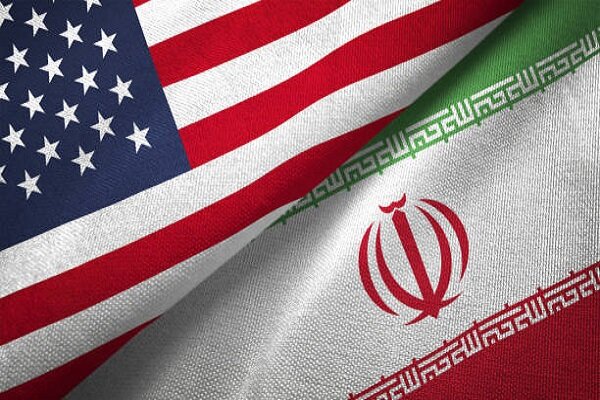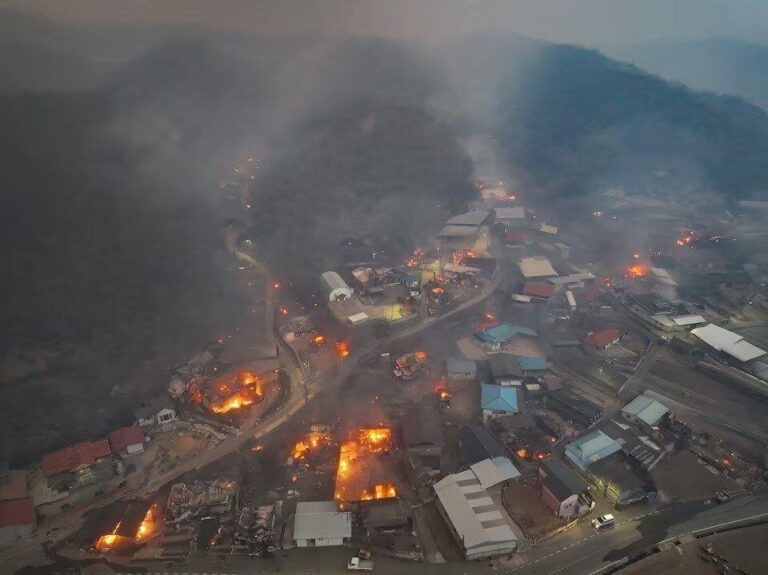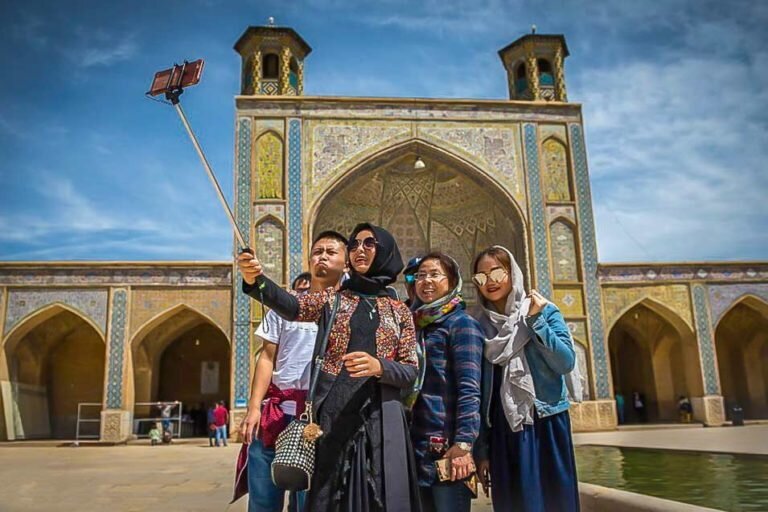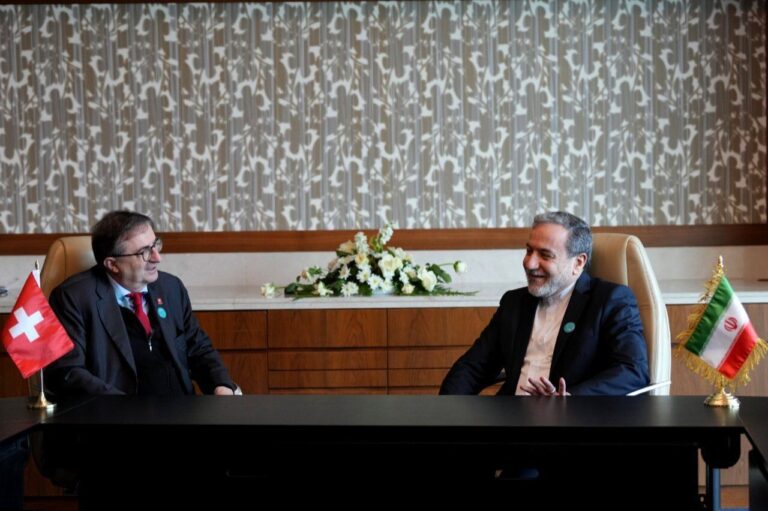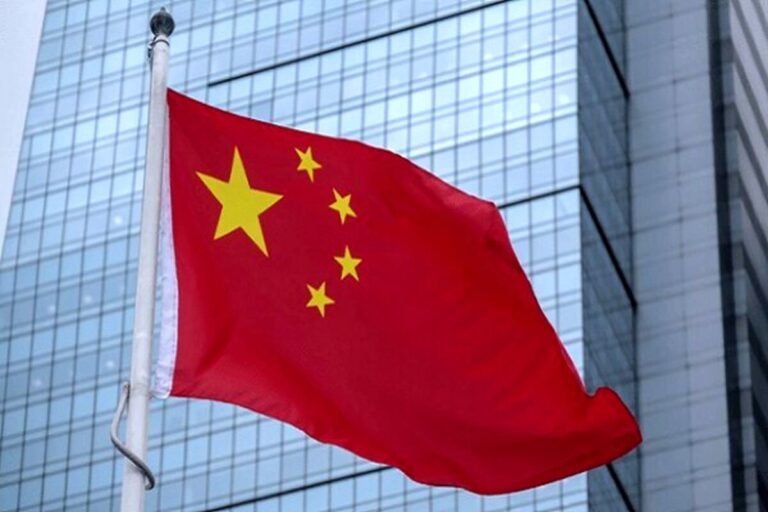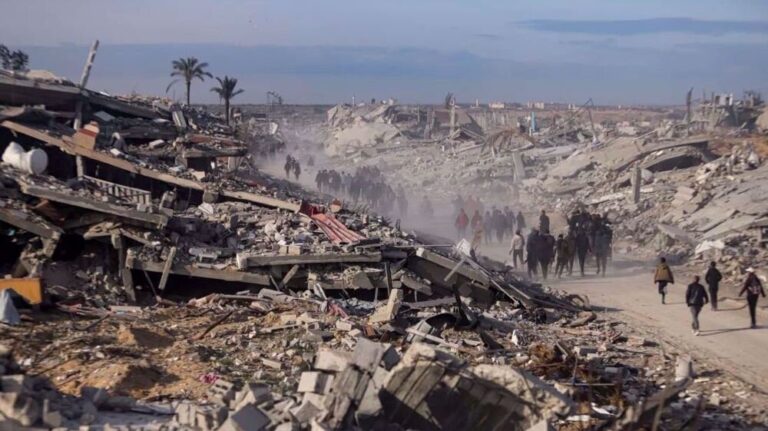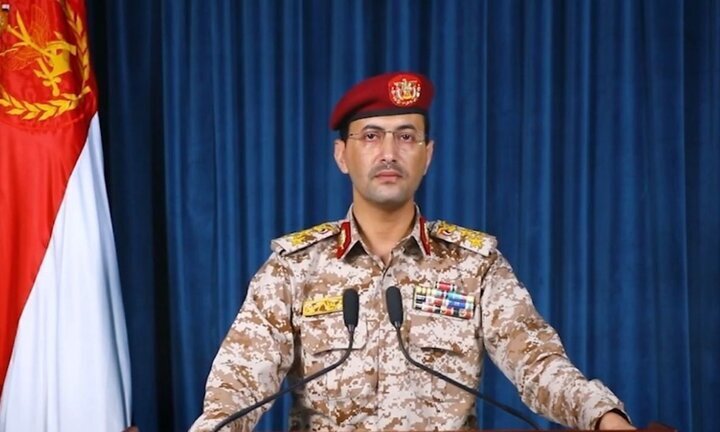Rome Set to Host Next Round of Indirect Iran-US Talks: A Diplomatic Turning Point
The upcoming Iran-US nuclear talks are generating significant attention as both nations prepare for crucial discussions that could shape international relations. According to recent reports, the second round of these pivotal negotiations is scheduled to take place next Saturday in Rome, Italy, as per the national Iranian television network, IRIB.
However, it’s important to note that IRIB may have referenced information sourced from the American news website Axios. The implications of these talks are profound, and the choice of location has sparked various reactions from officials.
Shortly after the announcement of the talks in Rome, Esmaeil Baghaei, the spokesperson for the Iranian Foreign Ministry, took to X (formerly known as Twitter) to address concerns regarding the location change. He stated, “Prior to this, the Western media outlets had reported that the location of the upcoming Iran-US talks would be changed to Rome.”
This statement raises questions about the sincerity of the negotiations. Baghaei emphasized that “Such a move (switching location of the talks) could be seen as a lack of seriousness and goodwill.”
As the date approaches, the attention on the Iran-US nuclear talks intensifies. Here are some key points surrounding the upcoming negotiations:
- Location: The talks are set to occur in Rome, a city steeped in diplomatic history.
- Importance: These discussions are crucial for the future of nuclear policy and international relations.
- Concerns: Speculation about the seriousness of both parties is already surfacing.
- Media Influence: The role of media in shaping narratives around these talks cannot be understated.
The backdrop of the Iran-US nuclear talks is filled with complex dynamics. The tension between the two nations has been palpable, with numerous factors influencing their ability to engage in constructive dialogue. As the world watches, the outcomes of these negotiations could have lasting repercussions.
In the lead-up to the talks, various analysts have weighed in on the potential challenges that could arise. For instance, the choice of Rome as a venue has been met with mixed reactions. Some see it as a neutral ground that fosters cooperation, while others view it as a sign of underlying issues that could impede progress.
Moreover, the history of previous negotiations between Iran and the US adds another layer of complexity. Past talks have often been marred by mistrust and misunderstandings. This time, both sides must navigate these historical grievances to reach a consensus that could pave the way for future cooperation.
Furthermore, the geopolitical landscape plays a significant role in these discussions. With various global players interested in the outcome, the stakes are higher than ever. Observers note that a successful negotiation could lead to a shift in alliances and influence across the Middle East and beyond.
As the talks draw nearer, it is essential for both parties to approach the discussions with a mindset aimed at collaboration rather than confrontation. The world is looking for signs of goodwill and a commitment to resolving long-standing issues through diplomacy.
In conclusion, the upcoming Iran-US nuclear talks in Rome represent a critical juncture in international relations. With significant implications for regional stability and global security, the success of these negotiations will depend on the willingness of both sides to engage in meaningful dialogue. As we await further developments, the importance of transparency and goodwill cannot be overstated.
Stay tuned for updates as these talks unfold, and continue to follow the story as it develops. The international community remains hopeful that these negotiations will lead to a positive outcome, fostering a new era of cooperation and understanding between Iran and the United States.
